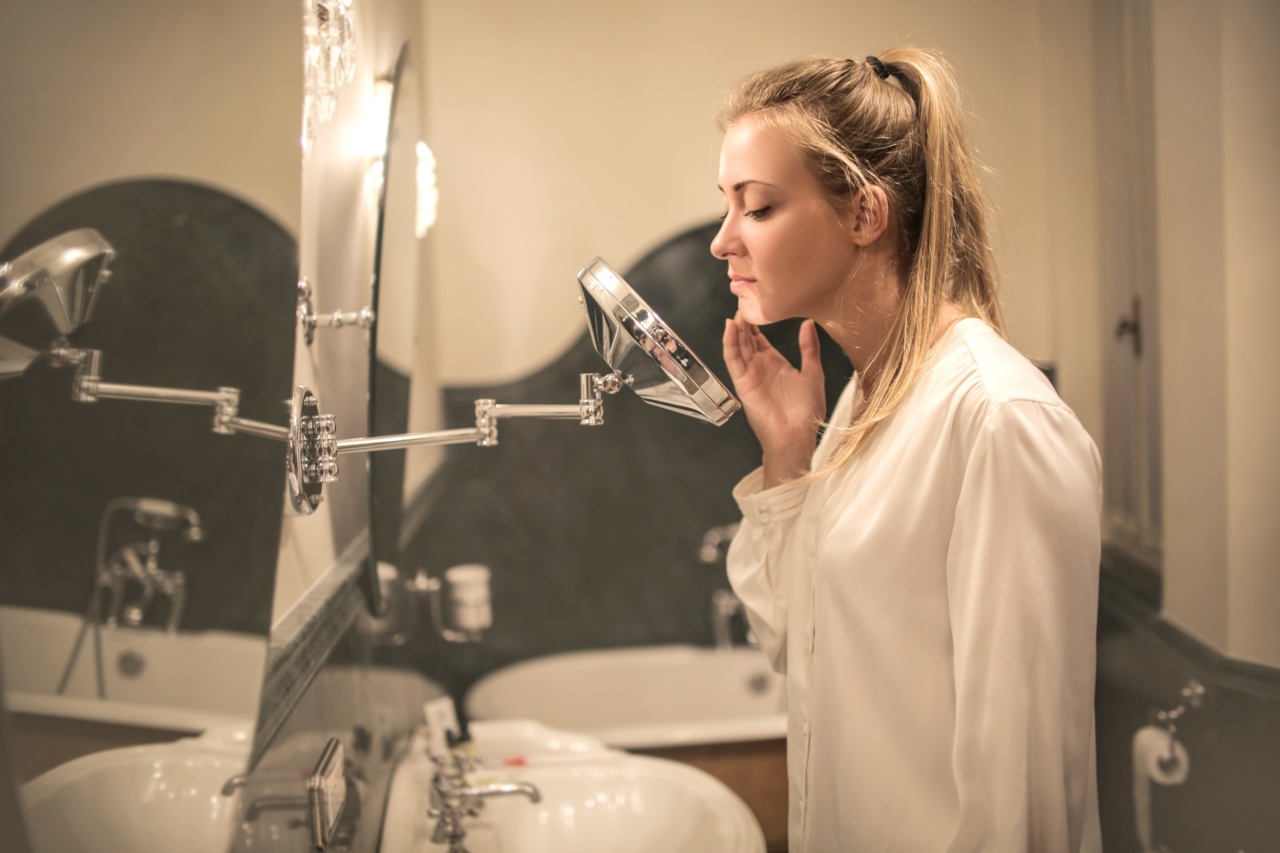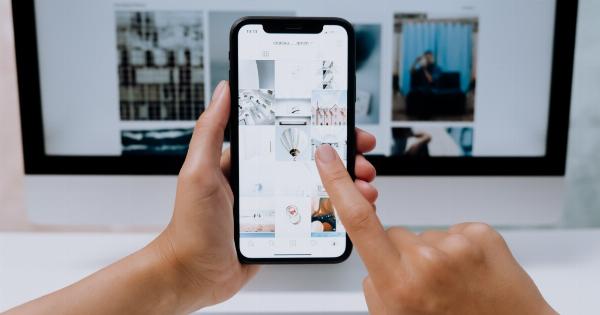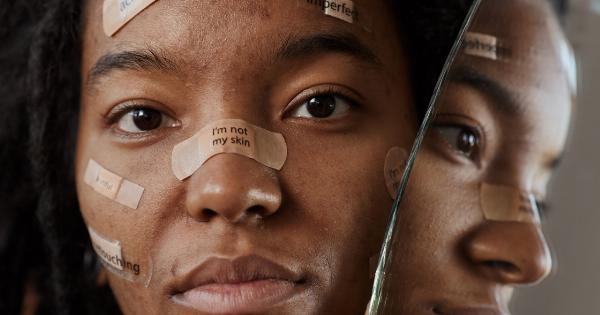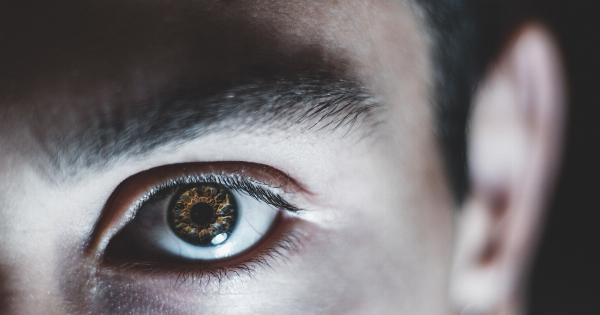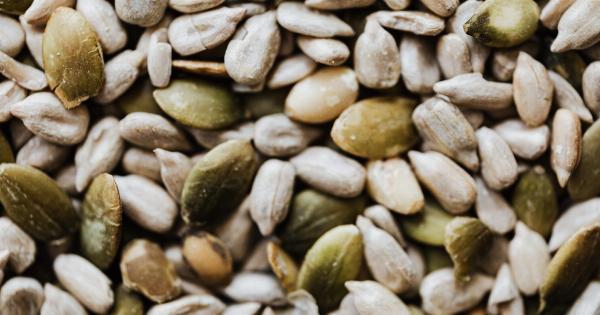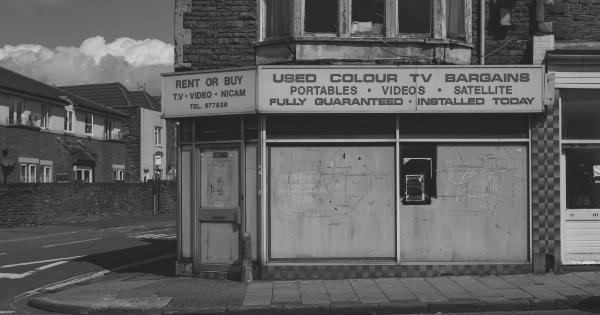Acne is a common skin condition that affects millions of people worldwide. It occurs when the hair follicles become clogged with oil and dead skin cells, leading to the formation of pimples, blackheads, and whiteheads.
While acne is most commonly associated with teenagers going through puberty, it can affect individuals of all ages. The good news is that there are many effective treatments available to help manage and prevent acne breakouts. In this article, we will explore some of the most proven and effective ways to treat acne.
Dietary Adjustments
What you eat can play a significant role in the appearance and severity of acne breakouts. Several studies have shown that certain foods can aggravate acne, such as high-glycemic index foods, dairy products, and foods rich in saturated fats.
To effectively treat acne, consider making the following dietary adjustments:.
1. Reduce Your Intake of High-Glycemic Index Foods
High-glycemic index foods, such as white bread, white rice, and sugary snacks, can cause a rapid spike in blood sugar levels. This, in turn, increases insulin production and triggers the release of hormones that can lead to the development of acne.
Replace these high-glycemic foods with low-glycemic options like whole grains, fruits, and vegetables.
2. Limit Dairy Consumption
Dairy products, such as milk and cheese, have been linked to acne due to their potential to increase insulin levels and stimulate the production of oil in the skin.
Consider reducing or eliminating your intake of dairy or opting for dairy alternatives like almond milk or soy cheese.
3. Avoid Foods High in Saturated Fats
Foods high in saturated fats, like fried and processed foods, can trigger inflammation in the body, leading to acne breakouts. Opt for healthier fats found in avocados, nuts, and olive oil instead.
Topical Treatments
In addition to dietary adjustments, topical treatments can be highly effective in treating acne.
These treatments are typically applied directly to the affected area of the skin and can help reduce inflammation, unclog pores, and kill acne-causing bacteria. Here are some popular and effective topical treatments for acne:.
1. Benzoyl Peroxide
Benzoyl peroxide is one of the most commonly used and effective over-the-counter acne treatments. It works by killing the bacteria that cause acne, reducing inflammation, and helping to unclog pores.
Benzoyl peroxide is available in various strengths and forms, including gels, creams, and cleansers.
2. Salicylic Acid
Salicylic acid is a beta-hydroxy acid that helps unclog pores, prevent blackheads and whiteheads, and reduce inflammation. It is often found in cleansers, toners, and spot treatments, and is safe for most skin types.
3. Retinoids
Retinoids are derived from vitamin A and are highly effective in treating acne. They work by unclogging pores, reducing inflammation, and promoting cell turnover.
Retinoids can be found in prescription medications, such as tretinoin, or over-the-counter products.
Oral Medications
In cases of moderate to severe acne, oral medications may be necessary to effectively treat the condition. These medications are usually prescribed by a dermatologist and can help reduce inflammation, control hormone levels, and kill bacteria.
Here are some common oral medications used to treat acne:.
1. Antibiotics
Antibiotics, such as tetracycline or doxycycline, can help kill the bacteria that cause acne and reduce inflammation. They are typically prescribed for a short period to avoid antibiotic resistance.
2. Hormonal Treatments
Hormonal treatments, like oral contraceptives or spironolactone, can be effective in women with hormonal acne. These medications work by regulating hormone levels and reducing oil production.
Other Non-Invasive Procedures
In addition to topical and oral treatments, there are several non-invasive procedures that can help improve acne-prone skin. These procedures are typically performed by dermatologists and can provide long-term results. Here are a few examples:.
1. Chemical Peels
Chemical peels involve the application of a chemical solution to the skin, which exfoliates the top layers and promotes cell turnover. This can help unclog pores, reduce acne scars, and improve overall skin texture.
2. Laser Therapy
Laser therapy uses focused light to kill acne-causing bacteria and reduce inflammation. It can also help remodel collagen, leading to improved skin texture and reduced acne scars.
Preventive Measures
Prevention is key when it comes to managing acne breakouts. By adopting healthy skincare habits and making certain lifestyle changes, you can minimize the occurrence and severity of acne. Here are some preventive measures you can take:.
1. Cleanse Your Face Twice Daily
Washing your face twice a day with a gentle cleanser can help remove excess oil, dirt, and makeup that can clog pores and lead to breakouts. Be sure to use lukewarm water and avoid scrubbing too vigorously, as this can irritate the skin.
2. Moisturize Regularly
Contrary to popular belief, even oily and acne-prone skin requires moisturization. Look for lightweight, non-comedogenic moisturizers that won’t clog pores and help maintain the skin’s moisture balance.
3. Avoid Touching or Picking at Your Face
Touching or picking at acne lesions can worsen inflammation, spread bacteria, and increase the risk of scarring. Keep your hands away from your face and resist the urge to pop pimples.
4. Use Non-Comedogenic Products
When choosing skincare and makeup products, opt for non-comedogenic options that won’t clog pores. Look for labels that explicitly state “non-comedogenic” or “oil-free.”.
